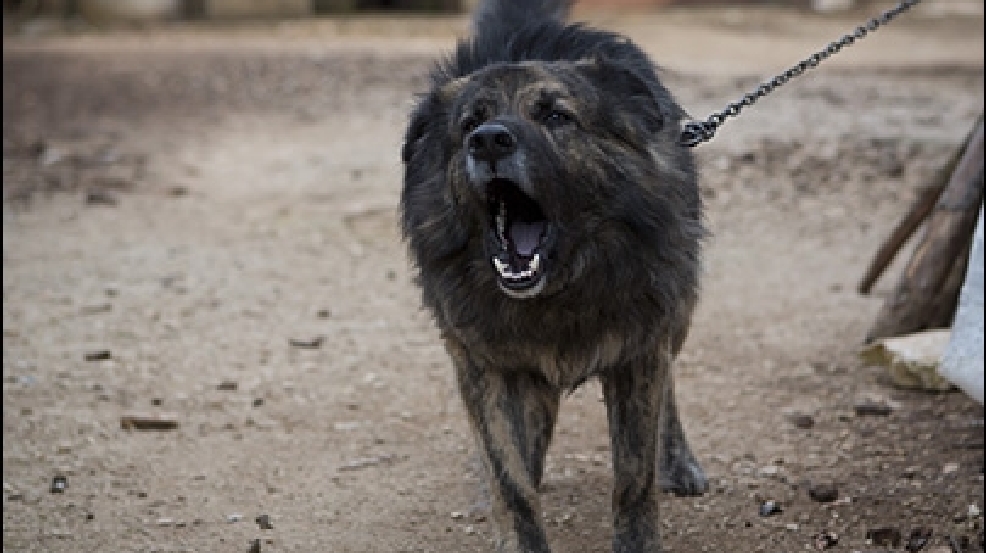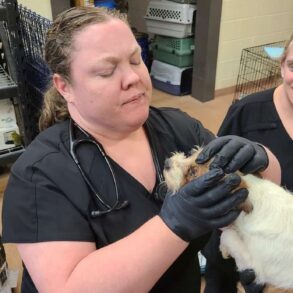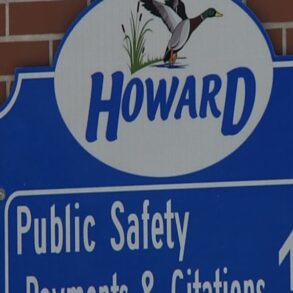
LOWCOUNTRY, S.C. (WCIV) — The second full week of April is observed annually as National Dog Bite Prevention Week, and the South Carolina Department of Public Health is using the time to remind pet owners of dog safety for both dogs and dog parents.
According to the Department of Public Health, dogs can be great companions and play many important roles in people’s lives. However any dog, even close family pets, can bite a person and cause injury.
Data from the American Veterinary Medical Association reports that most dog bites are preventable, and yet more than 4.5 million people are bitten each year. Of those bite victims, children are the most commonly injured.
In order to lower that statistic, the Department of Public Health is sharing resources to prevent dog bites in both children and adults.
The department has a Avoid the Bite, Do It Right flyer which contains dog bite prevention tips for pet owners, parents and caregivers.
Additionally the American Veterinary Medical Association website has resources to help educate both adults and children on how to properly interact with dogs.
READ MORE | Rabid raccoon in Charleston prompts public health alert after dog exposure
Dog bites can also lead to potential rabies exposure, which is deemed incurable in humans once symptoms manifest.
According to the Department of Public Health in the past decade, 16 dogs have tested positive for rabies in South Carolina and exposed multiple people and other pets.
The most effective way to prevent rabies exposure in pets is to have them properly vaccinated against the virus.
“Keeping your pets up to date on their rabies vaccination is the easiest way to protect you and your family from this deadly virus,” said Terri McCollister, Rabies Program manager. “Any mammal has the ability to carry and transmit the disease to people or pets. Therefore, give wild and stray animals plenty of space.”
In South Carolina, rabies is most often found in wildlife such as raccoons, skunks, foxes, and bats, but pets are just as susceptible to the virus.
It is advised that any and all animal bites, scratches, and exposures to potentially rabid animals is reported to the Department of Public Health.
This post was originally published on this site be sure to check out more of their content.









































